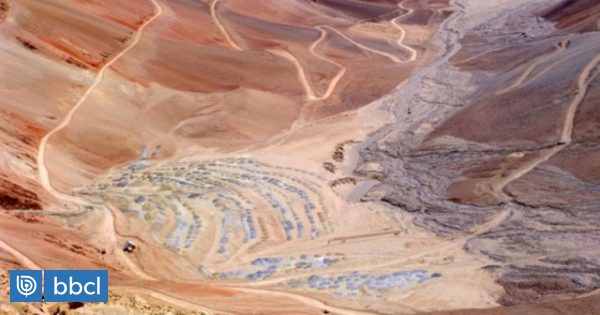
[ad_1]
Following the decision of the Antofagasta Environmental Court to confirm the closure “Total and definitive” of the Pascua Lama mining project, the Barrick Gold company indicated this Friday that it will accept the ruling and that it will not appeal.
Through a statement, the firm asserted that “the ruling drew a final line to a legal process that began in 2013 and that the company will not appeal it “.
In that sense, Marcelo Álvarez, Barrick’s executive director in Chile and Argentina, stated that Pascua Lama “remains an important and that work is in progress to reassess its potential “.
“Barrick is a very different company since its merger with Randgold and we now have a strong focus on building good relationships with communities and authorities,” he added.
Finally, he pointed out that the firm “sees great potential in a region that has always promoted the development of sustainable mining projects”, so the company is “committed to continue investing in Chile and Argentina and to build productive alliances with the government, the business partners and communities ”.
Damage to fauna
The latest ruling – which confirmed the total closure – highlighted the decision announced in 2018 by the Superintendency of the Environment to cancel this project for not complying with the environmental license that had been granted.
“The magnitude of the danger of damage to people’s health makes it necessary to close the project, as other alternatives of safe operation for the environment and the health of the population do not seem viable”, indicated the resolution.
Pascua Lama is located at about 4,500 meters of altitude in an area of glaciers in the Andes Mountains, on the northern border between Chile and Argentina.
The gold project was strongly resisted in both countries due to the environmental problems.
According to the regulator, Pascua Lama violated 33 environmental regulations and caused damage to native fauna and flora species.
In addition, the firm carried out a incomplete monitoring of glaciers and acidic water discharge into a nearby river that supplied Diaguita indigenous communities.
“The Superintendency acted within the scope of legality, correctly weighing the elements of proportionality when opting for sanction of definitive closure and not for a limited partial or temporary closure “added the court ruling.
[ad_2]